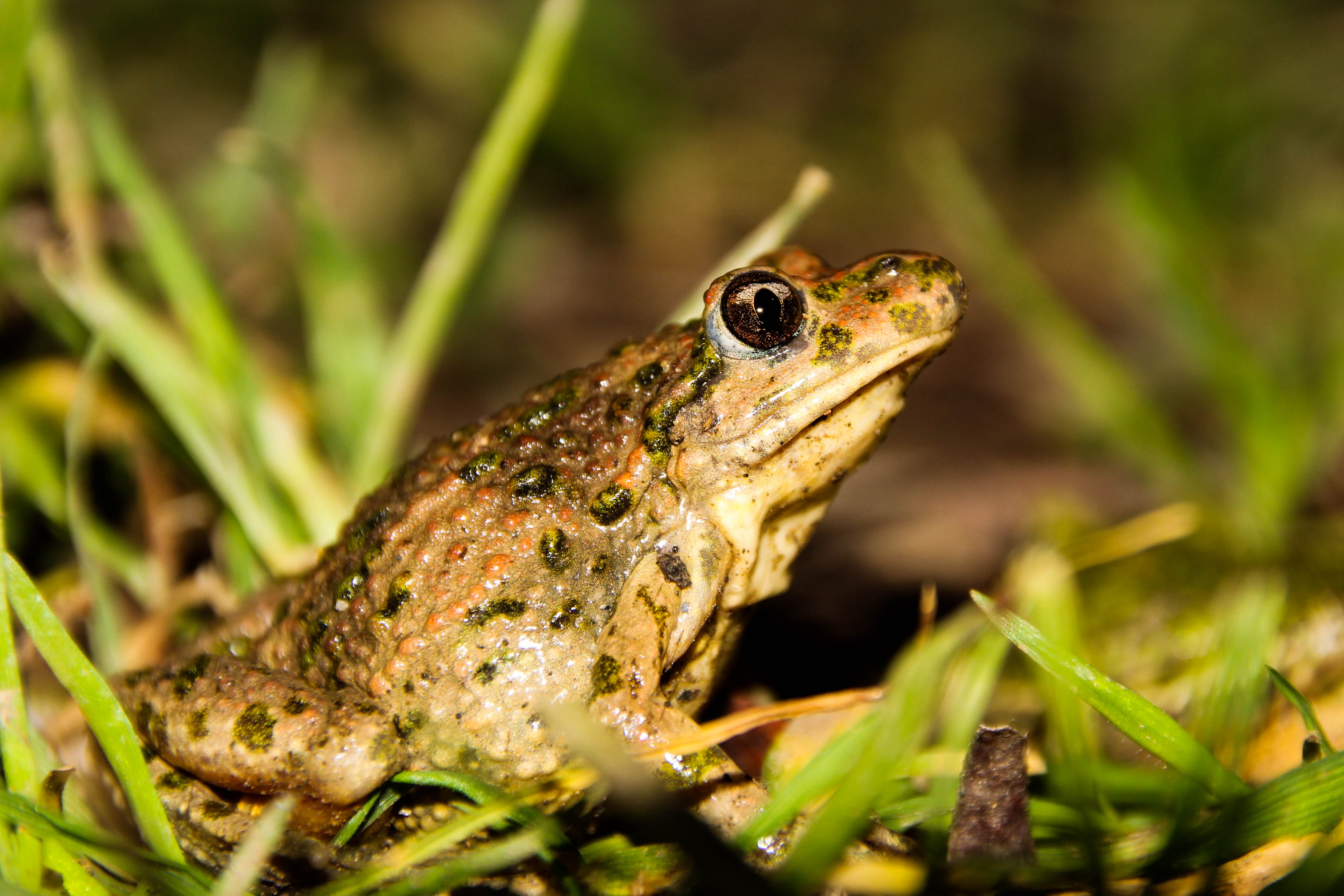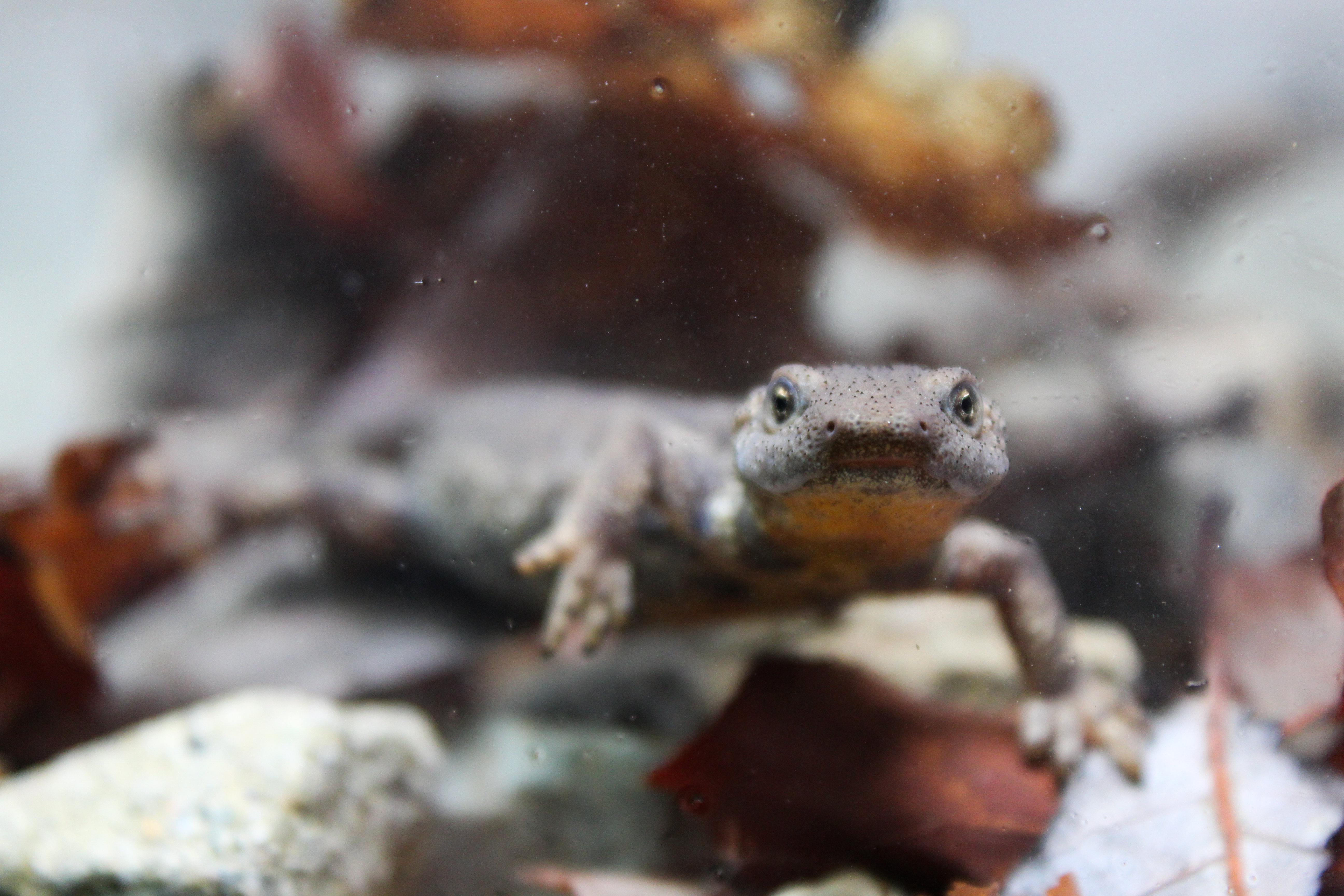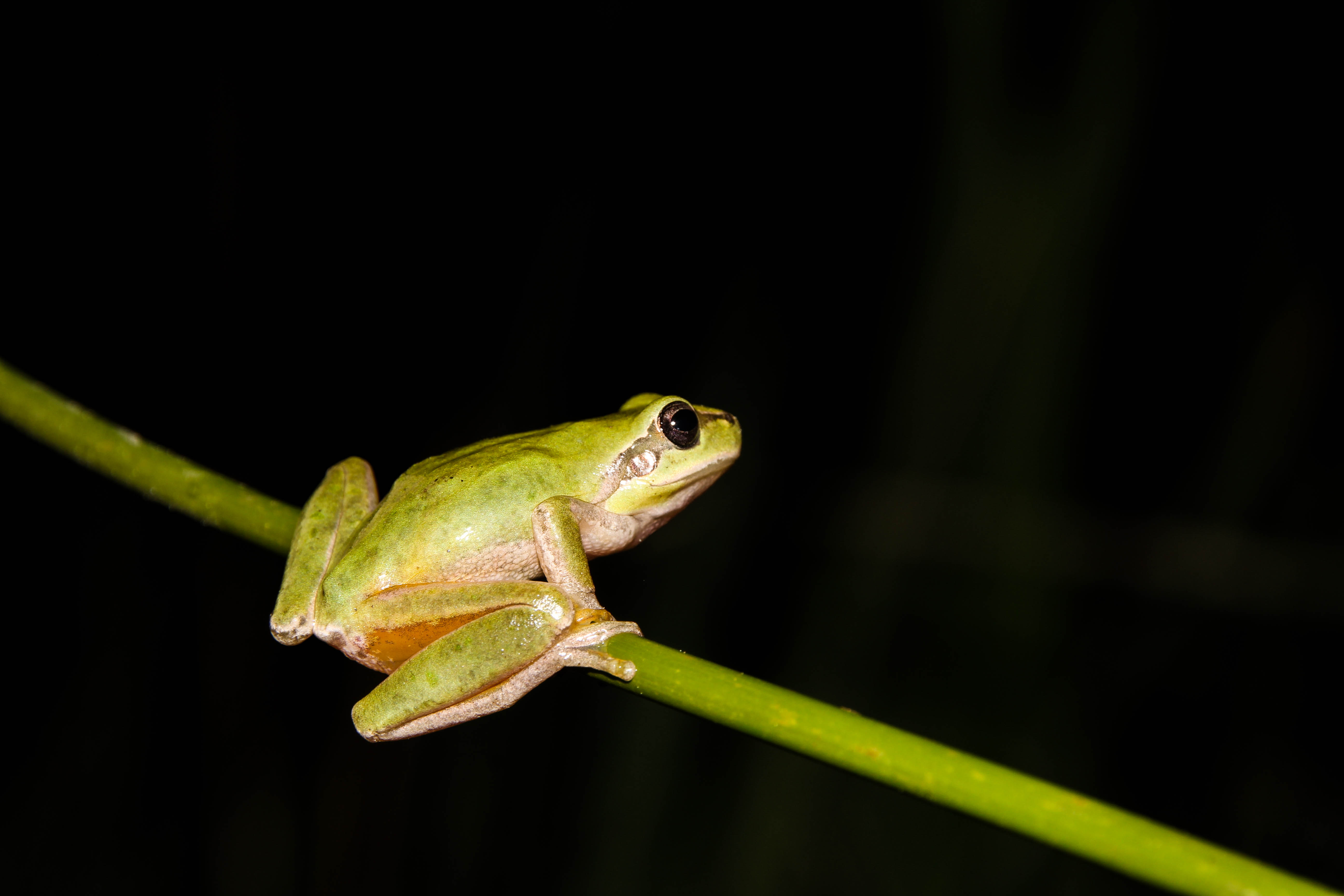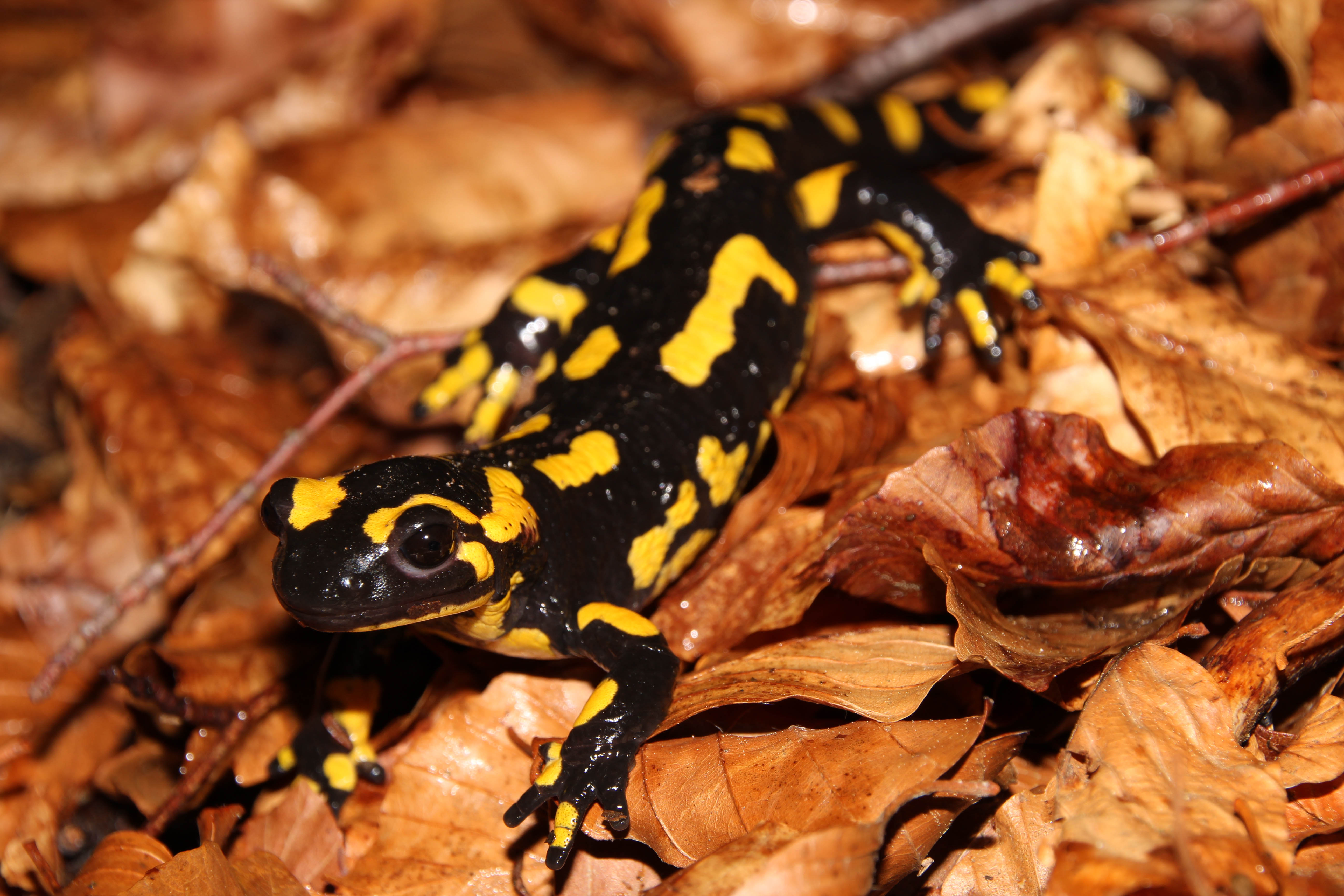The Institute of Evolutionary Biology (IBE) leads a pioneering project for the conservation of amphibians in Catalonia, promoted by the Barcelona Zoo Foundation
The Institute of Evolutionary Biology (IBE) leads a pioneering project for the conservation of amphibians in Catalonia, promoted by the Barcelona Zoo Foundation
The Institute of Evolutionary Biology (IBE) leads a pioneering project for the conservation of amphibians in Catalonia, promoted by the Barcelona Zoo Foundation
It is an interdisciplinary study aimed at diagnosing the current situation of these animals in Catalonia and proposing measures to improve their conservation.
Eight Catalan institutions are involved, with a total budget of 90,000 euros entirely provided by the Barcelona Zoo Foundation.

The Institute of Evolutionary Biology (IBE), a joint center of the CSIC and Pompeu Fabra University (UPF), will coordinate a pioneering project to assess the state of amphibians in Catalonia and propose measures to improve their conservation. It is an interdisciplinary study promoted and funded by the Barcelona Zoo Foundation, involving not only the IBE but also the Museum of Natural Sciences of Barcelona (MCNB), the Museum of Natural Sciences of Granollers (MCNG), the Biodiversity Research Institute of the University of Barcelona (IRBio-UB), the Autonomous University of Barcelona (UAB), Pompeu Fabra University (UPF), the Calafell Research and Environmental Education Center (CREAC), and the Study and Protection Group of Catalan Ecosystems (GEPEC-EdC).
The team, coordinated by Salvador Carranza, director of the IBE, will conduct a comprehensive diagnosis of the situation of amphibians in Catalonia and propose innovative measures to improve their conservation. The project is expected to have a high impact both technologically and in biodiversity conservation.

"This project represents an integrative approach focused on improving our understanding of amphibian diversity in Catalonia while developing innovative practical tools for their conservation and management. Through interdisciplinary work, we will delve into various aspects of amphibian biodiversity, from their genomic diversity to their ecological interactions, historical context, and potential threats," comments Carranza, the principal investigator of the Reptile and Amphibian Systematics, Biogeography, and Evolution laboratory at the IBE.
Amphibians, a group endangered in Catalonia and worldwide
Globally, according to data from the International Union for Conservation of Nature (IUCN), it is estimated that over 40% of amphibian species are endangered, making them one of the most threatened groups in the planet's biodiversity. The decline in amphibian populations not only has ecological implications but also repercussions on human health. This is because many of these species are early indicators of changes in ecosystems, and their disappearance can have negative effects on the stability of the natural environment and water quality.

In Catalonia, the situation of amphibians is no different. Although it boasts a great diversity of species, many are in a worrying situation. Habitat loss and fragmentation, water pollution, diseases, the introduction of exotic species, and climate change are some of the threats that have led to a significant decline in amphibian populations in the Catalan territory. Hence, the importance of understanding these processes and develop effective conservation strategies to reverse the trend and ensure the survival of these endangered species.
The Barcelona Zoo Foundation promotes amphibian conservation in Catalonia
The Barcelona Zoo Foundation promotes this interdisciplinary work due to the need for a comprehensive diagnosis of the situation of amphibians, their threats, and understanding the factors influencing their survival and reproduction. Likewise, it aims to propose concrete and effective measures to improve the situation of these species and ensure their long-term conservation.

"For years, from the Barcelona Zoo Foundation, we have been committed to amphibian conservation. The reintroduction project of the Montseny newt, probably the most threatened amphibian in Europe, or the work of recovering populations of midwife toads in the Serra de Tramuntana of Mallorca, are clear examples of this. Unfortunately, frog and toad populations, salamanders, and newts are very vulnerable to threats linked to climate change and human activities, and therefore the survival of these species is intimately linked to the conservation of aquatic environments and the forest masses that surround them. We are part of biodiversity and, therefore, our well-being is strongly related to the environmental and natural health of the planet," comments Antoni Alarcon, director of the Barcelona Zoo, who adds that the study "has a multidisciplinary approach in order to address comprehensively the challenges we face regarding the future of amphibians."
An interdisciplinary team for amphibian species conservation
In total, 15 researchers from different areas of knowledge will participate, including Albert Montori (CREAC), Fèlix Amat (MCNG), Daniel Fernàndez (CREAC), and Cinta Golorons (GEPEC-EdC), experts in ecology and biogeography of amphibians in Catalonia; Cesc Murria (IRBio-UB) and Javier del Campo (IBE), experts in environmental DNA; Bernat Burriel (MCNB), Maria Estarellas (IBE), and Anna Soler (UAB), experts in Geographic Information Systems (GIS), genetics, and genomics; and the veterinarians from WildCoM (UAB) Oscar Cabezón, Ignasi Marco, Johan Espunyes, and Maria Puig, experts in studying the health of wild animal populations.
Additionally, genomic data production is planned to be carried out at the Genomics Service of the IBE, directed by Viviana Pagone.
"This project includes various areas of knowledge such as amphibian biology, systematics, biogeography, ecology, evolution, diseases, and conservation. Therefore, we need a multicentric team that can comprehensively address the challenges amphibians face in Catalonia," concludes Carranza.
